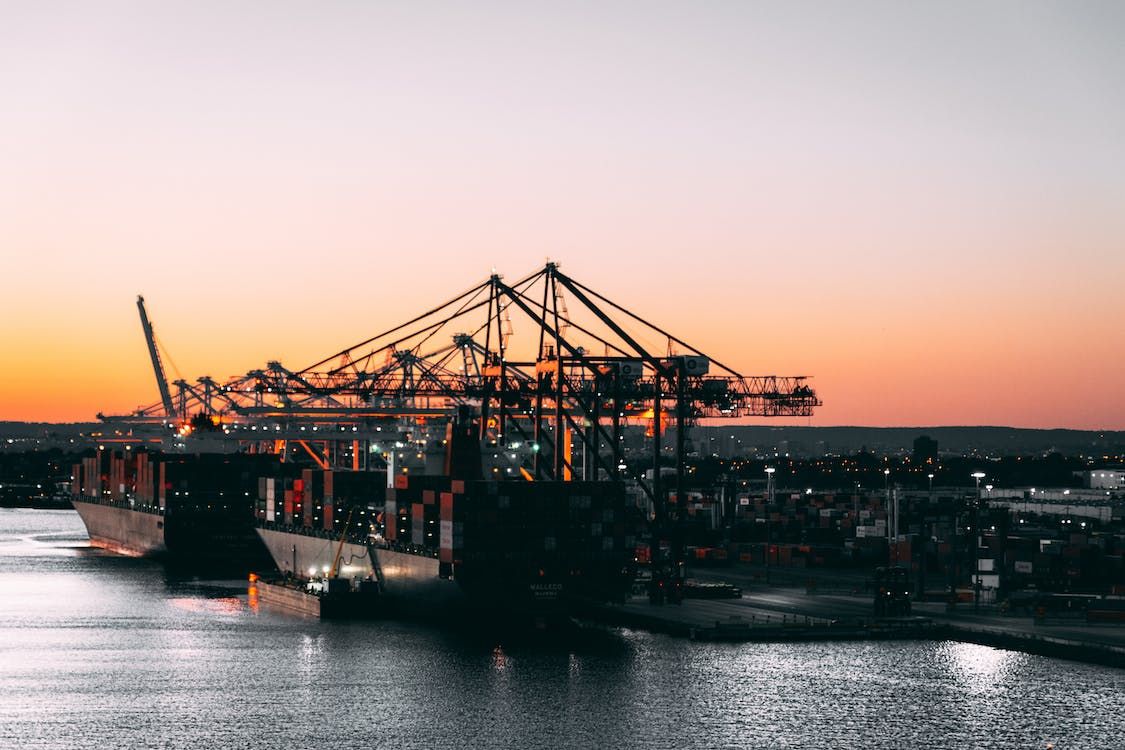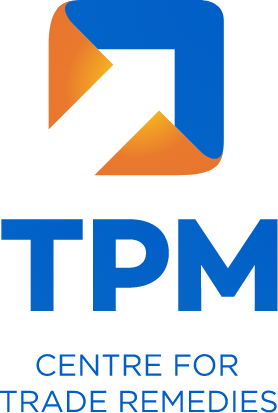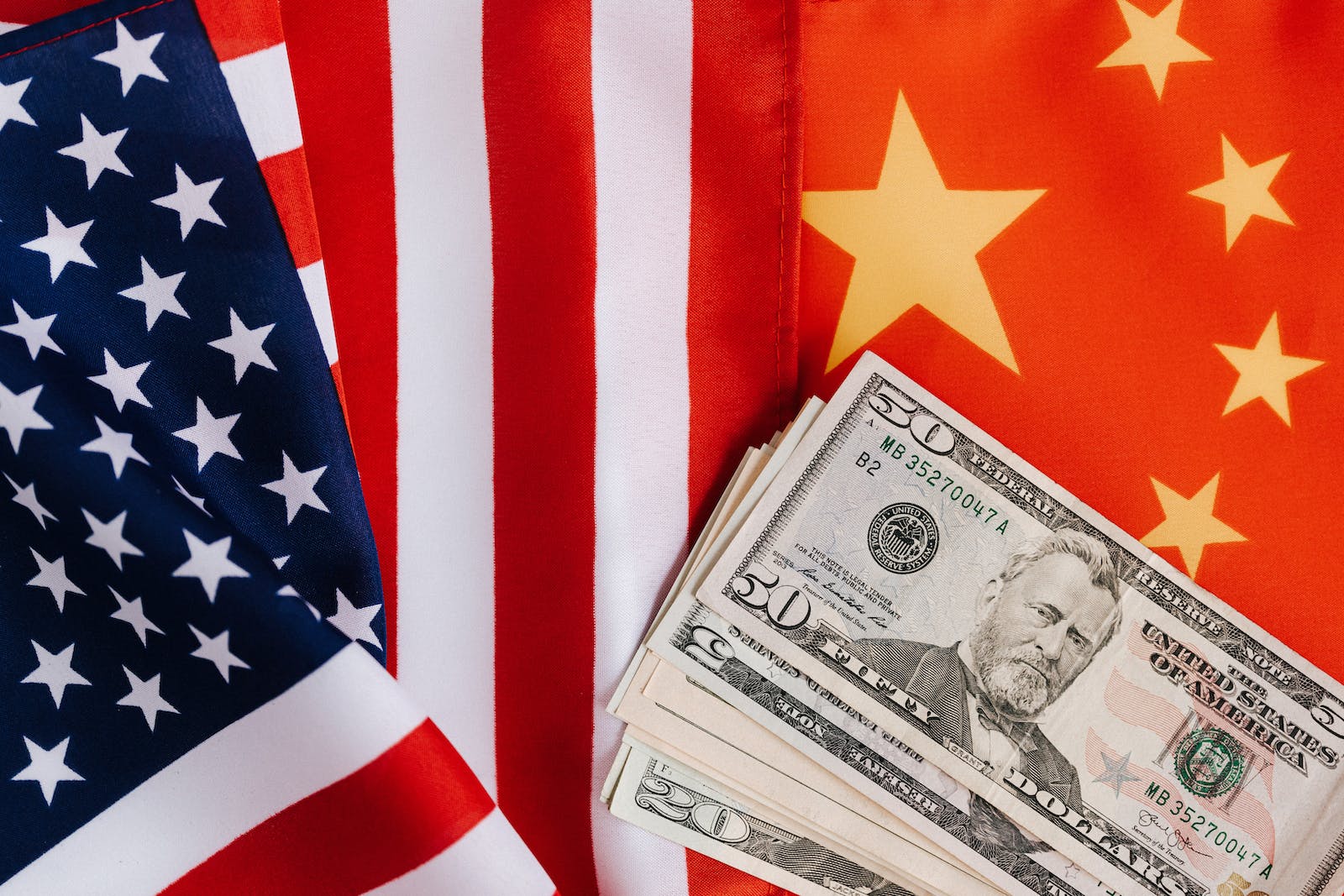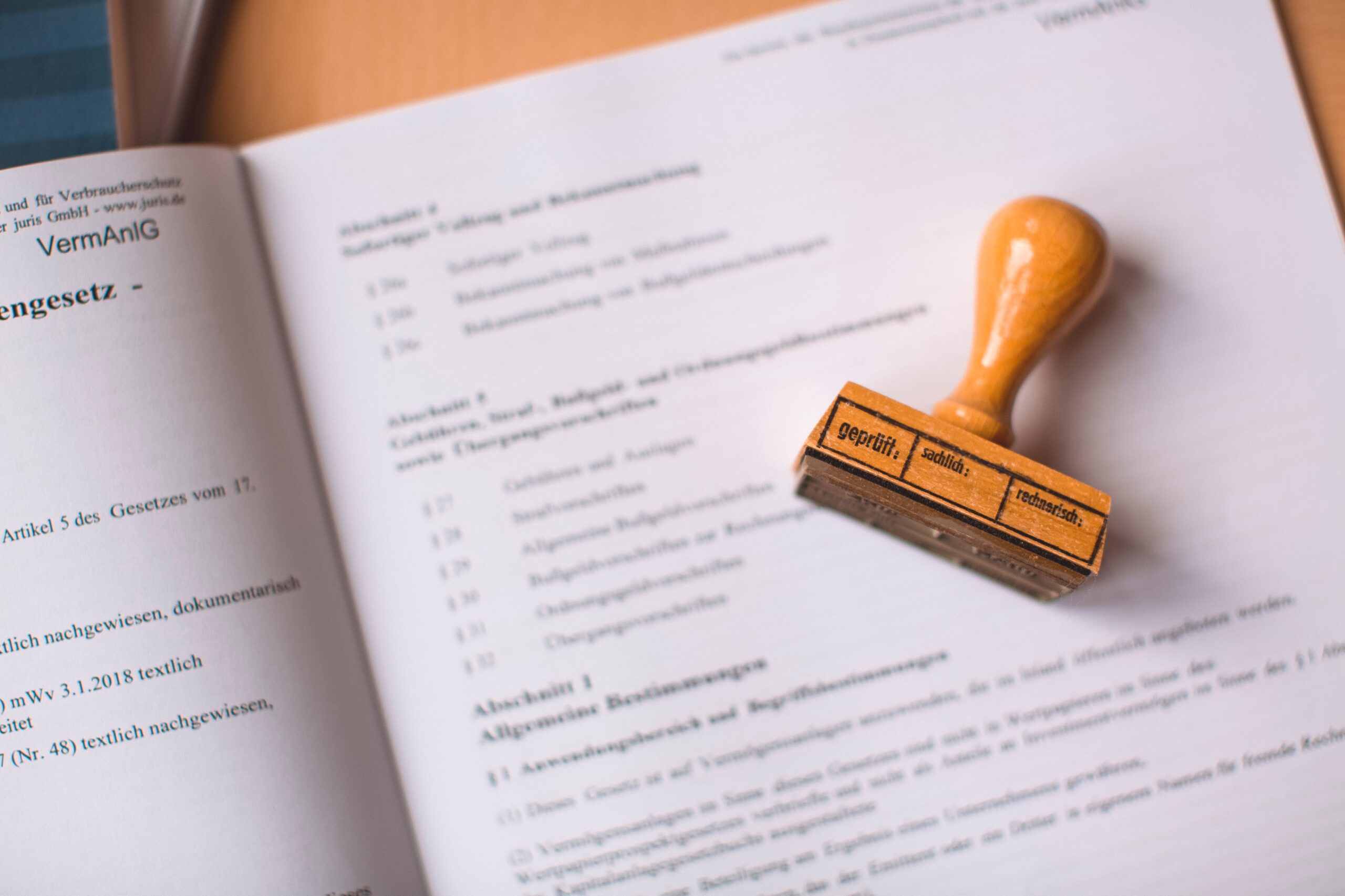Availability of Import Data: Balancing Confidentiality of Proprietary Information & the Legitimate Requirements of Parties

Authors – Ojasvi Nautiyal, Associate and Tushar Sehgal, Business Analyst
As per the legal provisions notified pursuant to WTO Agreements, a trade remedial
investigation may be initiated pursuant to an application by or on behalf of the domestic industry, or suo motu. An investigation pursuant to an application may be initiated by the investigating authority only after examining the accuracy and adequacy of the evidence provided and having satisfied itself that there is sufficient evidence regarding dumping (or subsidization or increased imports, as the case may be), injury and causal link. In order to examine the alleged dumping / subsidization / increased imports as well as injury suffered the investigating authority would require information with regard to the volume and value of imports from each country. Further, since a number of product or product types may fall within one HS code, all of which may not be covered within the scope of the application, it is necessary that the import data allows identification of the volume and value of each such product or product type. For this purpose, applicants rely on transaction-wise import data, as the description in the same would allow identification of imports of product under consideration. However, the dissemination of such data is subject to significant regulations.
The Customs Act, 1962 requires the Customs authorities to monitor and regulate the imports and exports of goods into the country. The data pertaining to the imports into and exports from India was earlier not made available to the public. However, in 2004, the Central Government notified the Publication of Daily Lists of Imports and Exports Rules, vide Notification No. 128/2004-Customs (N.T.) dated 19th November 2004. Under the said Rules, the Central Government allowed the Customs authorities to publish data relating to import into and export from India, for statistical purposes. This data would include port or country of origin, description, quantity and value of goods. Thus, the general public could access the trade data regarding import and export from a primary and official source. Additionally, data could also be accessed through third party sources such as Info Drive, Ibex, etc. Such data was being referred to by applicants for filing application for initiation of trade remedial investigations.
The easy accessibility to the trade data allowed individuals and organisations to conduct trade analysis and proved an important tool for policy and planning. However, such easy availability of import data had its issues. Since any party could easily access the import data, it was prejudicial to the competitive interests of the exporters and importers since the information regarding details of customers, prices, distribution channels, and other marketing information became publicly available. This granted an unfair competitive advantage to the party having access to the data. The easy accessibility to the proprietary information of competitors posed serious data confidentiality issues.
In 2016, the Central Government put an end to the Publication of Daily Lists of Imports & Exports Rules, vide Notification No. 140/2016-Customs (N.T.), dated 25th November 2016. As a result, the import and export data was no longer required to be published and made available publicly. However, parties could formally request the Directorate General of Commercial Intelligence and Statistics (“DGCI&S”) to provide import data on transaction-wise basis upon payment of specified amounts.
Prior to 2016, DGTR used to refer to data from official government as well as private sources for their analysis. For instance, in the anti-dumping investigation concerning imports of Non-Brass Metal Flashlight from China, the DGTR relied on data published by Asis Infotech Pvt Ltd, Mumbai for determining the price and volume of imports from China. However, in the recent few years, the DGTR has majorly relied on the import data as published by the DGCI&S for their trade remedial investigations. Often, the DGTR also obtains and relies upon the exporter and importer-wise data procured from DG Systems, in order to corroborate the information provided by exporters participating in the investigation.
The DGTR issued Trade Notice No. 7/2018 dated 15th March 2018 laying down the procedure for procurement of import data from DGCI&S. As per the Trade Notice, request for import data for specified period was to be made in writing, for use in petitions requesting initiation of trade remedial investigations. Based on the application, the DGTR would allow the applicant to collect transaction-wise import data from DGCI&S.
However, in February 2022, Section 135AA was inserted in the Customs Act, wherein publication of trade data, relating to quantity, value and classification of goods, was made a punishable offence. Thus, unless required by the law or by specific authorisation of an exporter or importer, publication of trade data was made punishable with imprisonment for a maximum term of six months, or with fine upto fifty thousand rupees, or with both. By Notification No. 69/2022-Customs (NT), dated 22nd August 2022, Customs (Compounding of Offences) Amendment Rules, 2022 were notified which increased the punishment under Section 135AA of Customs Act to fine of one lakh rupees for the first offence, to be increased by hundred percent for each subsequent offence.
Since publication of any form of trade data was made a punishable offence, the same could no longer be procured from any private sources. Further, even DGCI&S stopped providing trade data to interested parties for trade remedial investigations. In absence of availability of data concerning volume and value of imports into India, parties intending to file applications before DGTR were left handicapped. Further, while the DGTR could call for data from DGCI&S for their analysis, the same was not made available to interested parties to defend their interests.
In light of the significant hardships faced by the Indian industries, the DGTR has recently issued Trade Notice No. 1/2022, dated 18th October 2022 in supersession of the earlier Trade Notice No. 7/2018. Under the new Trade Notice, the interested parties can obtain import data from DGCI&S for use in their request for initiation of trade remedial investigation. The Trade Notice also lays down the procedure for procuring the data, which is similar to the earlier trade notice. The procurement of data is subject to the condition that the information obtained from DGCI&S can be used only for the purpose of trade remedial investigation. The party undertakes that the data would not be placed in public domain / shared with any other party. Further, if the party concerned decides not to file an application, it is required to inform the DGTR regarding the same within a period of 90 days. Lastly, the party undertakes that it shall be subject to the provisions of Section 135AA of the Customs Act.
This Trade Notice is likely to offer relief to the industries willing to seek trade remedial measures. Further, it would also ensure transparency in the investigations by allowing all interested parties to have access to information relied on in such investigation.





